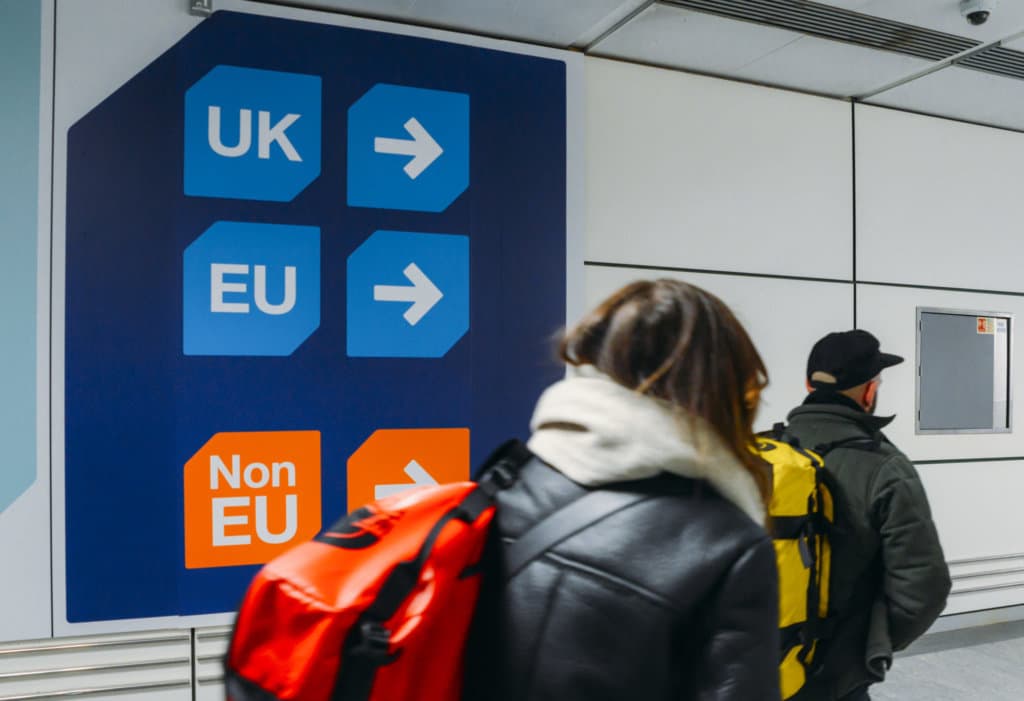The new post-Brexit immigration system planned by the United Kingdom will give equal rights to citizens of European Union countries as well as EU nations.
However, the overhauled system will also come with several restrictions, such as the requirement of employer sponsorship for an immigrant worker to bring family members to the country.
The new system, based on “people’s skills,” will not discriminate between immigrants based on their countries, Prime Minister Theresa May said on Oct. 1, following a Conservative Party conference.
In a tweet, May stated: “We’re introducing a new skills-based immigration system that ends free movement. So that for the first time in decades, this country will control and choose who we want to come here. A system that looks across the globe and attracts people with the skills we need”.
We're introducing a new skills-based immigration system that ends free movement. So that for the first time in decades, this country will control and choose who we want to come here. A system that looks across the globe and attracts people with the skills we need. #CPC18 pic.twitter.com/90wKe1Kpr1
— Theresa May (@theresa_may) October 2, 2018
May added that Britain would end “freedom of movement once and for all,” referring to the privilege enjoyed by EU citizens that allows them to move to a different country within the bloc and work there without any permit.
“For the first time in decades, it will be our country that chooses who comes and works here,” May said in a statement, adding, “Our new system will be skills-based. We’ll look for talent across the globe, attracting the people with skills that we need.
We’ll make sure our immigration system is fair to ordinary working people. Low skilled immigration will be brought down, setting the UK on the path to reduce immigration to sustainable levels.”
However, the new immigration system can bring more difficulties for aspiring immigrants.
Skilled workers will continue to be required to meet a minimum salary threshold, which may be hiked further, PTI reported. Also, their families will have to be sponsored by their future employers for living in the United Kingdom.
“Successful applicants for high skilled work would be able to bring their immediate family but only if sponsored by their future employers,” the government statement said, according to the news agency.
A number of questions regarding the salary threshold and other conditions are yet to be answered. “If companies have to sponsor the whole family will it have to be much higher than it is now?,” Pratik Dattani, managing director of EPG Consulting and former UK director of FICCI, told the Hindu.
“The system is already extremely restrictive for workers from India and this is going to make it even more so,” Harsev Bains from Indian Workers Association said, according to the publication. “Will employers now make a distinction between the types of people who they would be willing to hire — whether they are married or whether they have children?”
